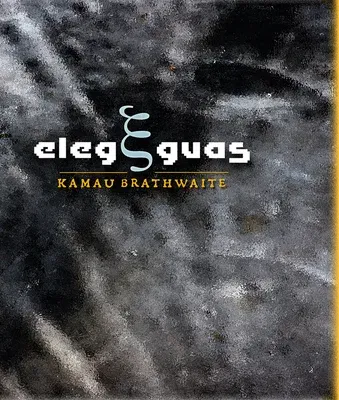Kamau Brathwaite
(Author)ElegguasPaperback, 2 February 2021

Qty
1
Turbo
Ships in 2 - 3 days
Only 2 left
Free Delivery
Cash on Delivery
15 Days
Free Returns
Secure Checkout

Part of Series
Driftless Series & Wesleyan Poetry
Part of Series
Wesleyan Poetry
Part of Series
Driftless
Part of Series
Driftless Series & Wesleyan Film
Print Length
136 pages
Language
English
Publisher
Wesleyan University Press
Date Published
2 Feb 2021
ISBN-10
081958018X
ISBN-13
9780819580184
Description
Product Details
Author:
Book Format:
Paperback
Country of Origin:
US
Date Published:
2 February 2021
Dimensions:
20.57 x
17.53 x
1.02 cm
ISBN-10:
081958018X
ISBN-13:
9780819580184
Language:
English
Location:
Middletown, CT
Pages:
136
Publisher:
Weight:
272.16 gm